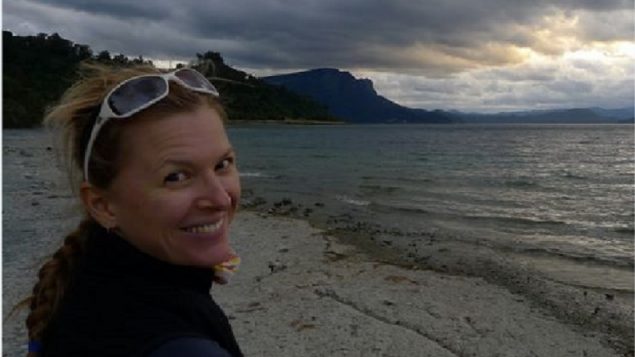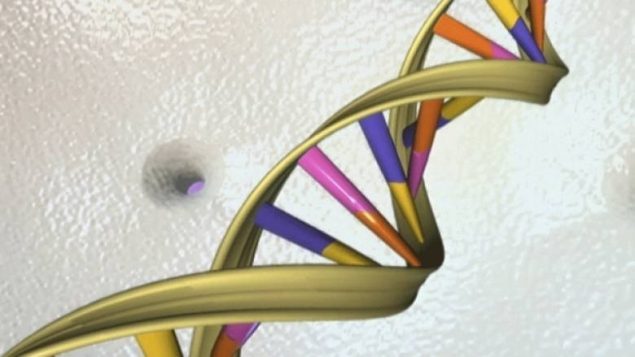(Skype interview at bottom)
A recent study revealed a surprising fact: corporations control a large percentage of patents associated with genomes from marine organisms.
An international study involving researchers from the University of British Columbia and the Stockholm Resilience Centre found the world’s largest chemical firm BASF by itself has registered almost half of all such existing patents, potentially worth billions of dollars.
Colette Wabnitz (PhD) co-author of the study is a research associate at the Oceans at Fisheries Institute of the University of British Columbia
The study entitled, “Corporate control and global governance of marine genetic resources” was published in Science Advances. (abstract HERE with full open access link)

Colette Wabnitz (PhD) University of British Columbia- Photo: supplied
In a UBC press release, Wabnitz said,” By 2025, the global market for marine biotechnology is expected to reach $6.4 billion and span a broad range of commercial purposes for pharmaceutical, biofuel, and chemical industries”.
The researchers looked at 38 million records of genetic sequences associated with patents. BASF had registered 47 per cent of marine-based gene sequences. Other findings noted that commercial, university and national entities from a mere 10 countries comprised 98 per cent of patented sequences.
Owners of sequencing patents have control over how they can be used and over products created from or with such patents commercially or non-commercially.
Researchers say this study is a valuable tool in understanding of genetic patent control and developing strategies for sharing of such genetic information. This would include material gathered from areas outside national jurisdictions, which comprise two-thirds of the Earth’s surface..
It should also help guide international negotiations through such agencies and treaties such as The Nagoya Protocol on Access to Genetic Resources and the Fair and Equitable Sharing of Benefits Arising from their Utilization to the Convention on Biological Diversity
The information and negotiations will deal with creating greater transparency regarding species provenance, transfer of patent ownership, and activities of corporations with a disproportionate influence over the patenting of marine biodiversity.







For reasons beyond our control, and for an undetermined period of time, our comment section is now closed. However, our social networks remain open to your contributions.